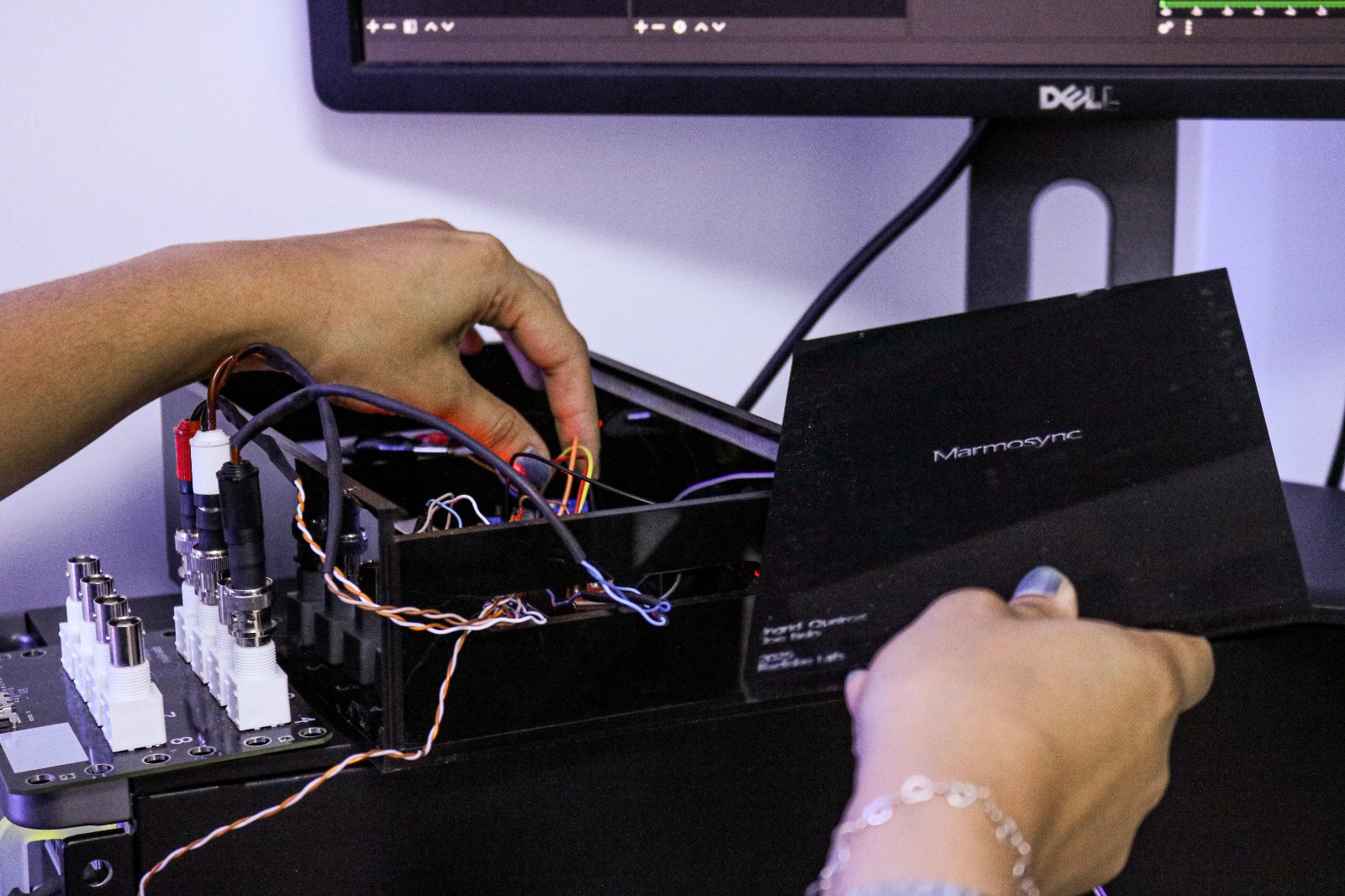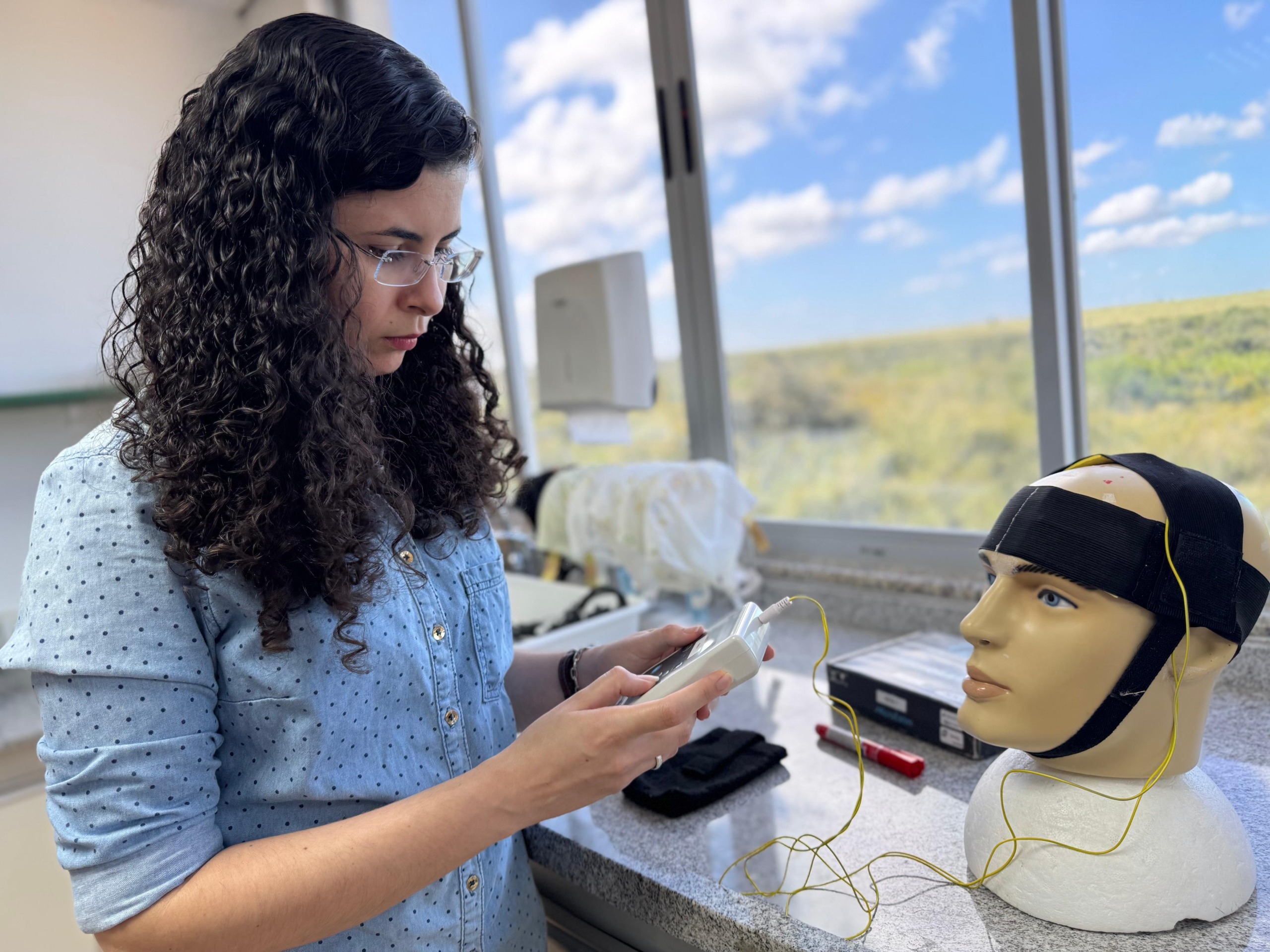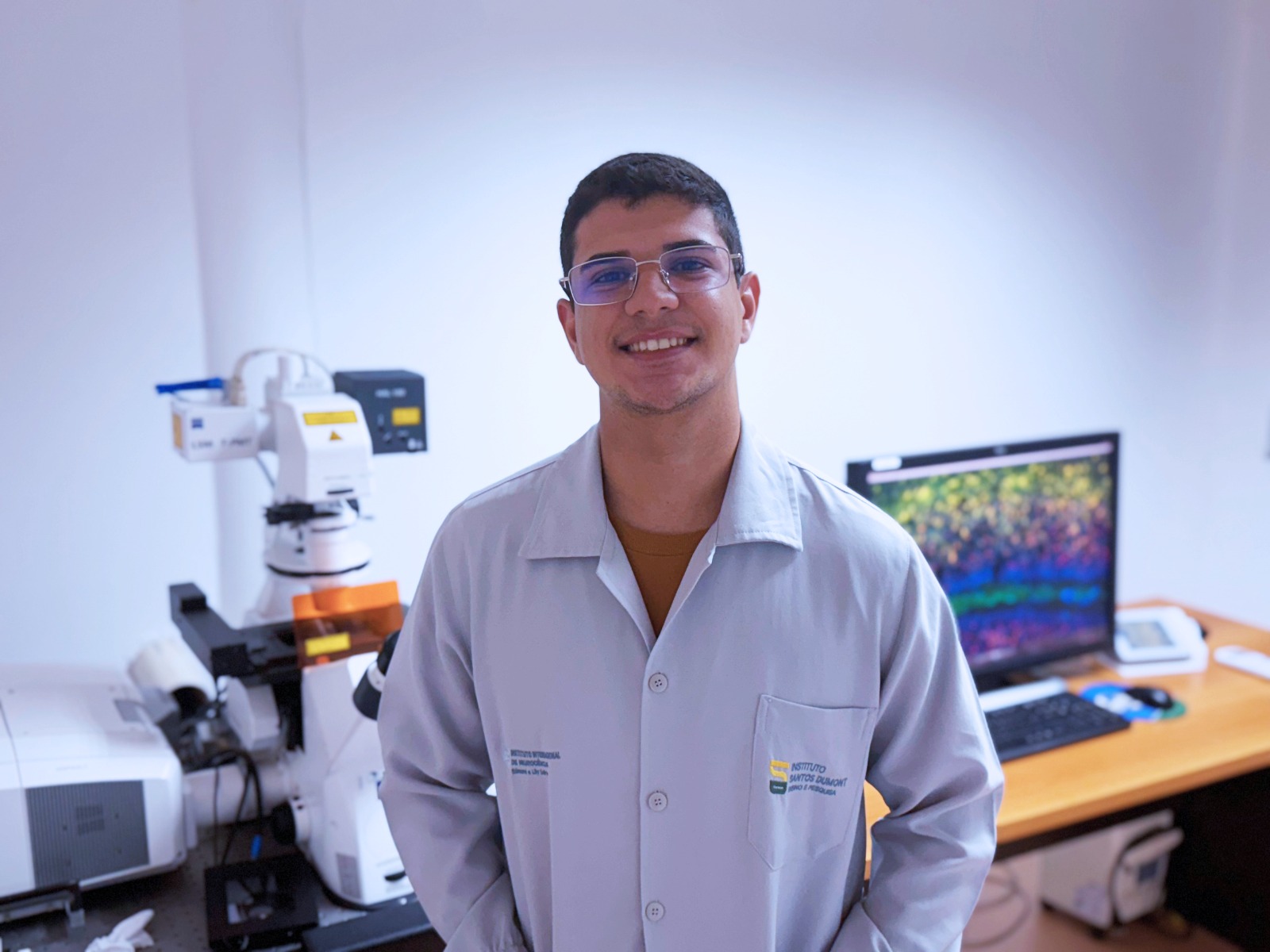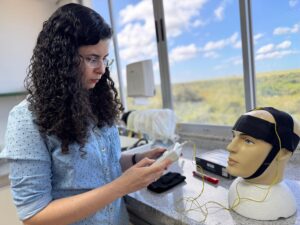Crossed by multiple factors and often stigmatized, depression is a common disorder globally, affecting more than 300 million people around the world, according to the Pan American Health Organization (PAHO). The situation is no different in Rio Grande do Norte. In 2023, Natal recorded a percentage of 13.2% of adults, around 117 thousand people, with a medical diagnosis of depression. The percentage is the highest among all northeastern capitals, tied with Fortaleza, in Ceará.
The data comes from the Vigitel 2023 survey, from the Ministry of Health, and points to an increase in diagnosed cases of the disease. In 2021, the last year in which the report was released, the capital of Rio Grande do Norte had a percentage of 11.8% of adults with depression, showing an increase of 1.4% in diagnoses in two years.
According to the research, last year, women represented the highest percentage, corresponding to 17.3% of cases, while men accounted for 8.5% of depression diagnoses. For Sarah Oliveira, preceptor psychologist at the Santos Dumont Institute (ISD), there are some factors that help to understand the increase in diagnoses. She considers that there is currently a greater demand for therapeutic care, due to greater awareness about mental health, a subject that has become more debated after the Covid-19 pandemic.

“We have contextual factors, our life stories, our social contexts, socioeconomic factors, the knowledge factor, knowing that you can seek help, all of this has a very important weight. The increase in these numbers, although it may be shocking, at the same time means that people are seeking more help, so this is a factor to be taken into consideration”, he explains.
Even with the numbers indicating a greater number of people seeking a diagnosis, Oliveira reinforces that there are still barriers on this path. Access to the psychosocial care network, despite being guaranteed by law, presents difficulties. There is a high demand for patients, beyond the capacity for care, which, for the professional, implies a scenario of underreporting of diagnoses and represents one of the main obstacles to the care of people with depression.
Sarah assesses that “cases in which access to psychotherapy occurs less frequently than necessary, or in which the diagnosis is given by other specialties, are common. The user is unable to reach the psychiatrist so that other types of interventions can begin. When the user continues to be exposed to what influences this disorder, this becomes an additional difficulty when that person eventually begins intervention.”
Network care
Although it is not a substitute for monitoring and treatment, the support network is one of the fundamental elements in this care context. Sarah Oliveira explains that the socialization of information about depression and treatment possibilities, especially within circles of friends, family and colleagues, is essential to “ventilate” the idea of demystifying depression.
“It’s important that we have a support network that talks about this. Talking about depression is very important, so that we understand that it is an illness and that there are several treatment possibilities. It is not enough for the person to seek help, but in this environment, they have this welcome, this care from family members, their partner, their children”, points out the psychologist.
White January
The first month of the year marks the White January campaign, aimed at discussing awareness about mental and emotional health. Across the country, the search for mobilization involves multiple agents, from organizations and institutions to health professionals and members of civil society, in reinforcing care and prevention of diseases such as depression, anxiety, panic, mood disorders and other psychological conditions.
Breaking stigmas and encouraging dialogue are the campaign's main points of action. More information can be accessed at White January Institute.
ABOUT ISD
The Santos Dumont Institute is a Social Organization linked to the MEC and includes the Edmond and Lily Safra International Neuroscience Institute and the Anita Garibaldi Health Education and Research Center, both in Macaíba. ISD's mission is to promote education for life, forming citizens through integrated teaching, research and extension actions, in addition to contributing to a fairer and more humane transformation of Brazilian social reality.













